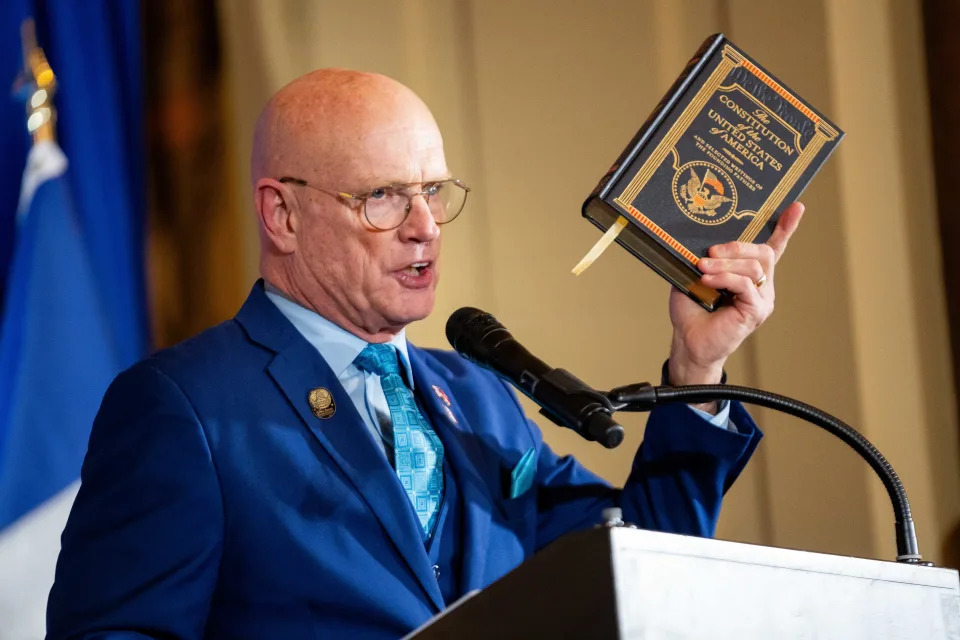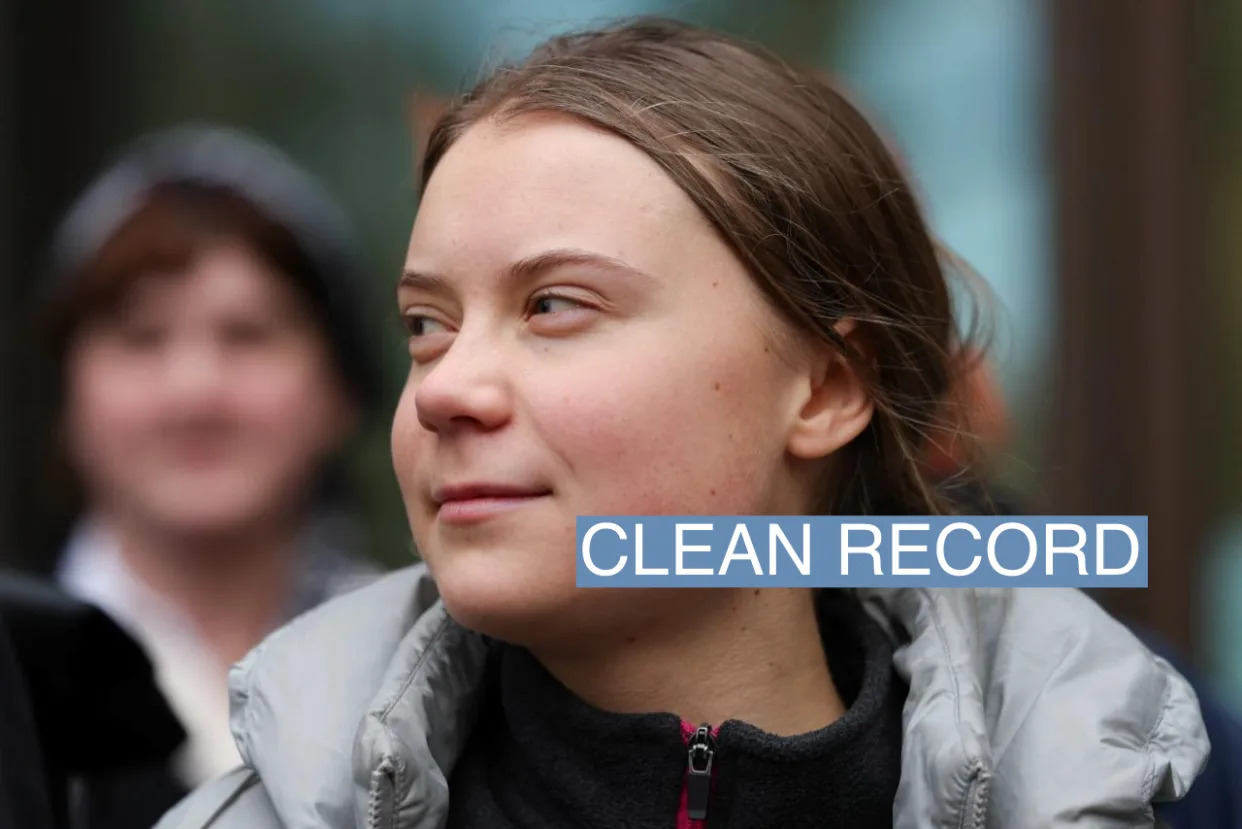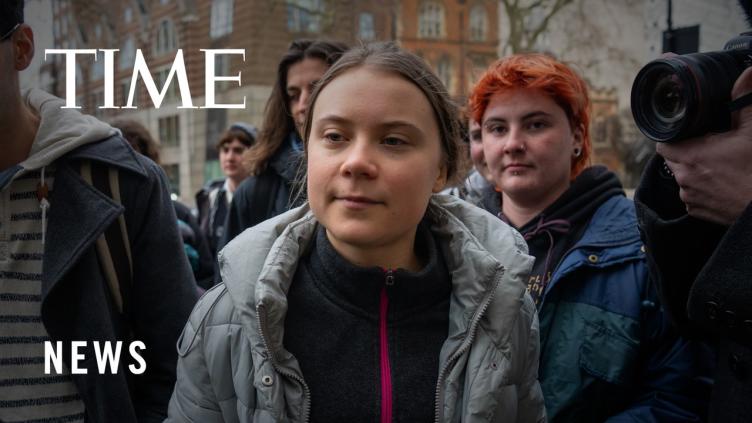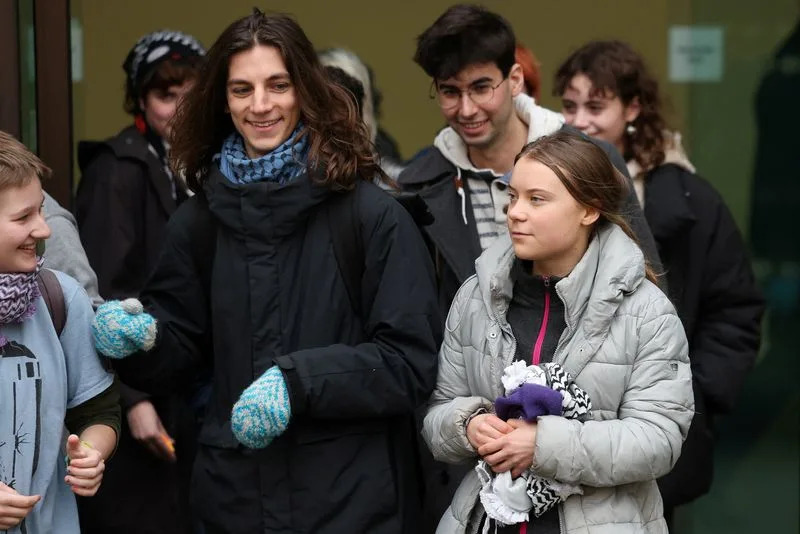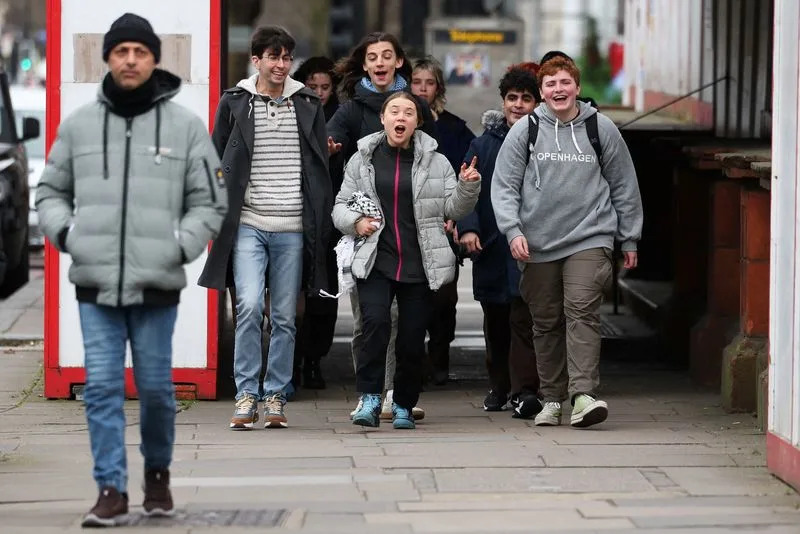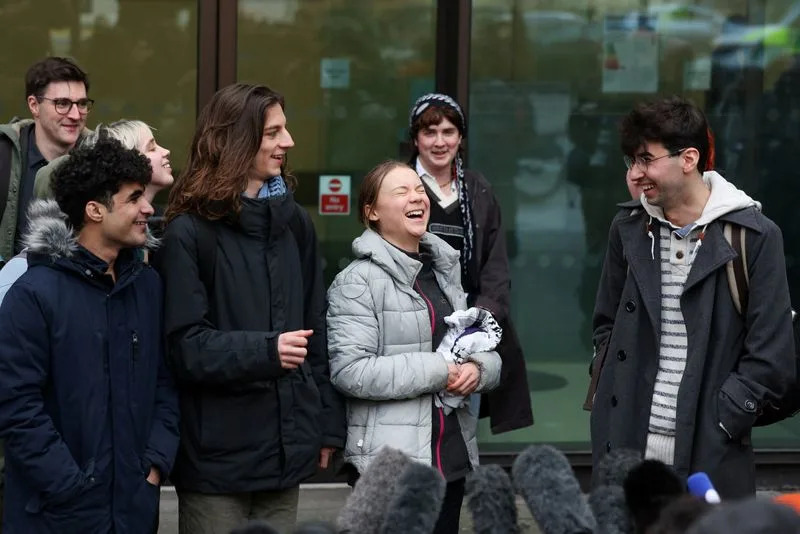Lara Korte
Wed, January 31, 2024

SACRAMENTO, California — California state lawmakers introduced a slate of reparations bills on Wednesday, including a proposal to restore property taken by “race-based” cases of eminent domain and a potentially unconstitutional measure to provide state funding for “specific groups.”
The package marks a first-in-the-nation effort to give restitution to Black Americans who have been harmed by centuries of racist policies and practices. California’s legislative push is the culmination of years of research and debate, including 111-pages of recommendations issued last year by a task force.
Other states like Colorado, New York, and Massachusetts have commissioned reparations studies or task forces, but California is the first to attempt to turn those ideas into law.
The 14 measures introduced by the Legislative Black Caucus touch on education, civil rights and criminal justice, including reviving a years-old effort to restrict solitary confinement that failed to make it out of the statehouse as recently as last year.
Not included is any type of financial compensation to descendants of Black slaves, a polarizing proposal that has received a cool response from many state Democrats, including Gov. Gavin Newsom.
“While many only associate direct cash payments with reparations, the true meaning of the word, to repair, involves much more,” Assemblymember Lori Wilson, chair of the caucus, said in a statement. “We need a comprehensive approach to dismantling the legacy of slavery and systemic racism.”
The package does have a provision that would give some monetary relief. The proposed bill, authored by State Sen. Steven Bradford, a Democrat from the Los Angeles area, deals with “property takings.” It would, “Restore property taken during raced-based uses of eminent domain to its original owners or provide another effective remedy where appropriate, such as restitution or compensation.”
Black lawmakers are already anticipating an uphill battle. They anticipate spending many hours to educate fellow legislators and convince them to pass the bills.
Some of the measures could also run into legal trouble.
Democratic Assemblymember Corey Jackson, who represents a district north of San Diego, is proposing asking voters to change California’s Constitution to allow the state to fund programs aimed at “increasing the life expectancy of, improving educational outcomes for, or lifting out of poverty specific groups based on race, color, ethnicity, national origin, or marginalized genders, sexes, or sexual orientations.”
That plan could face a similar constitutional challenge like the one that ultimately dismantled affirmative action.
Other proposals include protections for “natural and protective” hairstyles in all competitive sports, and a formal apology by the governor and Legislature for the state’s role in human rights violations and crimes against humanity on African slaves and their descendants.
The caucus will flesh out the package in the coming weeks.
The California Legislative Black Caucus introduced more than a dozen reparation-related bills
Taiyler S. Mitchell
Thu, February 1, 2024
The California Legislative Black Caucus introduced more than a dozen reparation-related bills Wednesday, the day before the start of Black History Month.
The historic package of legislation follows the June 2023 release of a 500-page Reparations Task Force Report, which listed myriad recommendations to remedy generations of systemic harm against Black Californians, beginning during slavery.
None of the 14 bills includes cash payouts to Black residents across the board in the face of a projected state budget deficit of nearly $40 billion, the Los Angeles Times reported.
A 2023 poll by the Institute of Governmental Studies at the University of California, Berkeley, co-sponsored by the L.A. Times, found that the majority of California residents do not support reparations in the form of cash.
“We started realizing with the budget environment we were going to have to do more systemic policy change to address systemic racism versus big budget asks because there just wasn’t the budget for it,” state Assemblywoman Lori D. Wilson (D) said, according to the L.A. Times. “Our priorities centered around policy changes or creating opportunities.”
The bills, known collectively as the 2024 CLBC Reparation Priority Bill Package, focus on improvements in education, health, business, prisons and civil rights. According to The Associated Press, several of the bills call for California’s Constitution to be changed, which will be a tough sell to some lawmakers.
The package also has its critics, who say the bills don’t go far enough.
“Not one person who is a descendant who is unhoused will be off the street from that list of proposals. Not one single mom who is struggling who is a descendant will be helped,” Chris Lodgson, an organizer with the Coalition for a Just and Equitable California, said, according to The Associated Press. “Not one dime of the debt that’s owed is being repaid.”
According to a news release from the California Legislative Black Caucus, this set of bills starts off a “multi-year effort to implement the legislative recommendations in the report.”
“We will endeavor to right the wrongs committed against black communities through laws and policies designed to restrict and alienate African Americans. These atrocities are found in education, access to homeownership, and to capital for small business startups, all of which contributed to the denial of generational wealth over hundreds of years,” Assemblyman Reginald Byron Jones-Sawyer Sr. said in Wednesday’s news release.
Related...
We Should All Be Paying Attention To The San Francisco Reparations Proposal
New York Considers Reparations For Descendants Of Enslaved People
California Details Racist Past In Slave Reparations Report
Judge Dismisses Lawsuit Seeking Reparations For The 1921 Tulsa Race Massacre
California set to become first state to introduce series of reparations bills
Sarah Fortinsky
Wed, January 31, 2024

The California Legislative Black Caucus (CLBC) announced 14 reparations bills Wednesday that it plans to introduce as the first step to implement policy proposals outlined in a report released last summer by the Reparations Task Force.
In a press release, the caucus described the “2024 Reparations Priority Bill Package” as a “multi-year effort to implement the legislative recommendations in the report.”
In introducing the 14 measures, California will become the first state to implement concrete legislative proposals to enact reparations, a movement that has been growing in recent years.
“While many only associate direct cash payments with reparations the true meaning of the word, to repair, involves much more! As laid out in the report, we need a comprehensive approach to dismantling the legacy of slavery and systemic racism,” CLBC Chair Lori Wilson said in the press release.
“This year’s legislative package tackles a wide range of issues; from criminal justice reforms to property rights to education, civil rights and food justice. The Caucus is looking to make strides in the second half of this legislative session as we build towards righting the wrongs of California’s past in future sessions,” Wilson added.
Among the proposals is an amendment to the California Constitution to “allow the State to fund programs for the purpose of increasing the life expectancy of, improving educational outcomes for, or lifting out of poverty specific groups.”
Another amendment would “prohibit involuntary servitude for incarcerated persons.”
One measure addresses “property takings,” and one would allow for the restoration of “property taken during race-based uses of eminent domain to its original owners or provide another effective remedy where appropriate, such as restitution or compensation.”
The first step in laying out the package will be “a resolution that recognizes that harm and a subsequent bill that requests a formal apology by the Governor and the Legislature for the role that the State played in the human rights violation and crimes against humanity on African Slaves and their descendants.”
The 14 measures are categorized under primary topics: Education, Civil Rights, Criminal Justice Reform, Health, and Business.
Education proposals include creating grants to increase enrollment in STEM-related career and technical education programs at high school and college levels. One measure also proposes “career education financial aid for redlined communities.”
In addition to addressing property, the civil rights proposals would include, for example, extending the CROWN Act to prohibit discrimination based on certain hairstyles, explicitly in competitive sports.
Criminal justice reform proposals would eliminate the California Department of Corrections and Rehabilitation (CDCR) practice of banning books without proper oversight, restrict solitary confinement within CDCR detention facilities, and establish grants to fund community-driven solutions to decrease violence at the family, school and neighborhood levels.
Health measures would require advance notice to community stakeholders before grocery stores shut down in underserved or at-risk communities, and another would “make medically supportive food and nutrition interventions, when deemed medically necessary.”
The sole business proposal would eliminate barriers to those obtaining occupational licenses for people with criminal records.
The California secretary of state praised the announcement, writing: “I am optimistic and encouraged by the work, and look forward to amazing and ground breaking outcomes. The nation is waiting for us to lead. And as California always does, we will lead in addressing a delayed justice called Reparations.”
Assembly member and task force member Reggie Jones-Sawyer said in a statement: “We will endeavor to right the wrongs committed against black communities through laws and policies designed to restrict and alienate African Americans.”
News from the California Capitol: Reparations bill introduced
It’s official: California lawmakers will consider reparations this spring.
Andrew Sheeler
Thu, February 1, 2024 at 5:55 AM MST·3 min read

REPARATIONS PACKAGE COMES TO SACRAMENTO
The California Legislative Black Caucus on Wednesday unveiled a legislative package intended to implement reparations for Black Californians who were harmed by racist laws and policies in the state.
The package includes a resolution to formally recognize and accept responsibility “for all the harms and atrocities committed by representatives of the state who promoted,facilitated, enforced and permitted the institution of chattel slavery.”
It also includes bills to expand education opportunities and financial aid, restore property taken in race-based eminent domain cases, issue a formal apology for human rights violations and crimes against humanity on African slaves, bar the California Department of Corrections and Rehabilitation from banning books without oversight or review, restrict the use of solitary confinement and eliminate barriers to licensure by people with criminal records.
Also included in the package are proposed constitutional amendments to fund programs aimed at increasing the life expectancy and educational outcomes of Black Californians and other groups and ban prison inmate forced labor.
It’s an ambitious package, and one that is likely to run into some pushback from California Gov. Gavin Newsom for either policy, budget or political reasons. Newsom has previously has vetoed attempts to curb the use of solitary confinement.
But it follows the recommendations of the state’s reparations task force, and caucus Chair Lori Wilson, D-Suisun City, said in a statement that “while many only associate direct cash payments with reparations, the true meaning of the word, to repair, involves much more.”
“As laid out in the report, we need a comprehensive approach to dismantling the legacy of slavery and systemic racism,” Wilson said.
California Secretary of State Shirley Weber, who as an assemblywoman in 2020 authored the legislation that created the reparations task force, said she was pleased to see the caucus “pick up the baton.”
“The nation is waiting for us to lead,” Weber said in a statement. “And as California always does, we will lead in addressing a delayed justice called reparations.”
BLUE ENVELOPE BILL SEEKS TO REDUCE DANGER FOR PEOPLE WITH DISABILITIES
People with special needs and developmental disabilities are at heightened risk during interactions with police officers. One Republican lawmaker, Assemblywoman Kate Sanchez of Rancho Santa Margarita, has introduced a bill, AB 2002, to reduce that risk.
The bill would create a state program where participants could inform police of their special needs by presenting a blue envelope containing their license and registration and discussing specific accommodations they require during an interaction.
“These blue envelopes have successfully been used in multiple counties and other states to improve accessibility and communication between law enforcement and individuals with disabilities,” Sanchez said in a statement.
According to 2022 data from the Racial and Identity Profiling Advisory Board, police were more than five times more likely to use force against people with mental health disabilities and more than three times more likely to do so with people who have other disabilities.
The bill is sponsored by Riverside County Sheriff Chad Bianco and San Diego County Sheriff Kelly Martinez, whose own departments have already adopted a similar program.

